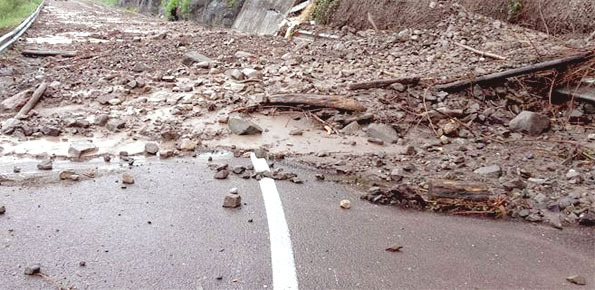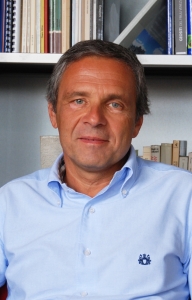Towards geohazards resilient infrastructure under changing climates
(HERCULES)

Background
A trend of increasingly frequent intense rainfalls and changing rainfall patterns is causing a relevant number of landslides and floods affecting urban areas and engineering infrastructures such as roads, railways. Recently Transport networks across Europe experienced several failures the reasons of which are still poorly understood.. To improve the current situation, a step change in the way we design reliable and effective defence structures is required.
Purpose
HERCULES brings together a multidisciplinary team crossing boundaries to develop a step change in the understanding and monitoring geohazards and develop new methods to boost the resilience of current infrastructures under changing climates. The programme will undertake fundamental research to ascertain the pathways and grow our capacity to assess and predict risks due to geohazards.
Methods
The proposed study will employ a range of novel approaches across multiple scales, including the integration of EO, laboratory investigation and by investigating the ground behaviour at the scale of soil particles experimentally using tomography and numerical techniques. Crowdsourced geographic information with real-time environmental data and models to provide a decisionmaking framework to be adapted to local needs for the monitoring and EWS will be used.
Results
The expected results of the project are to:
- exchange knowledge in a multidisciplinary environment between academia and industry;
- develop new insights, approaches and technologies that support the needs of end-users to make both the built environment and infrastructure more resilient to the increasing threat of natural hazards due to the effect of a more variable climate;
- train Early Stage Researches (ESRs) during their secondments between Institutions who will form the next generation of researchers leading academic and industrial technological developments in this field.
Products
Papers and reports.
Conclusions
See the ‘Results’.



 Internal contact person: alessandro pasuto -
Internal contact person: alessandro pasuto -